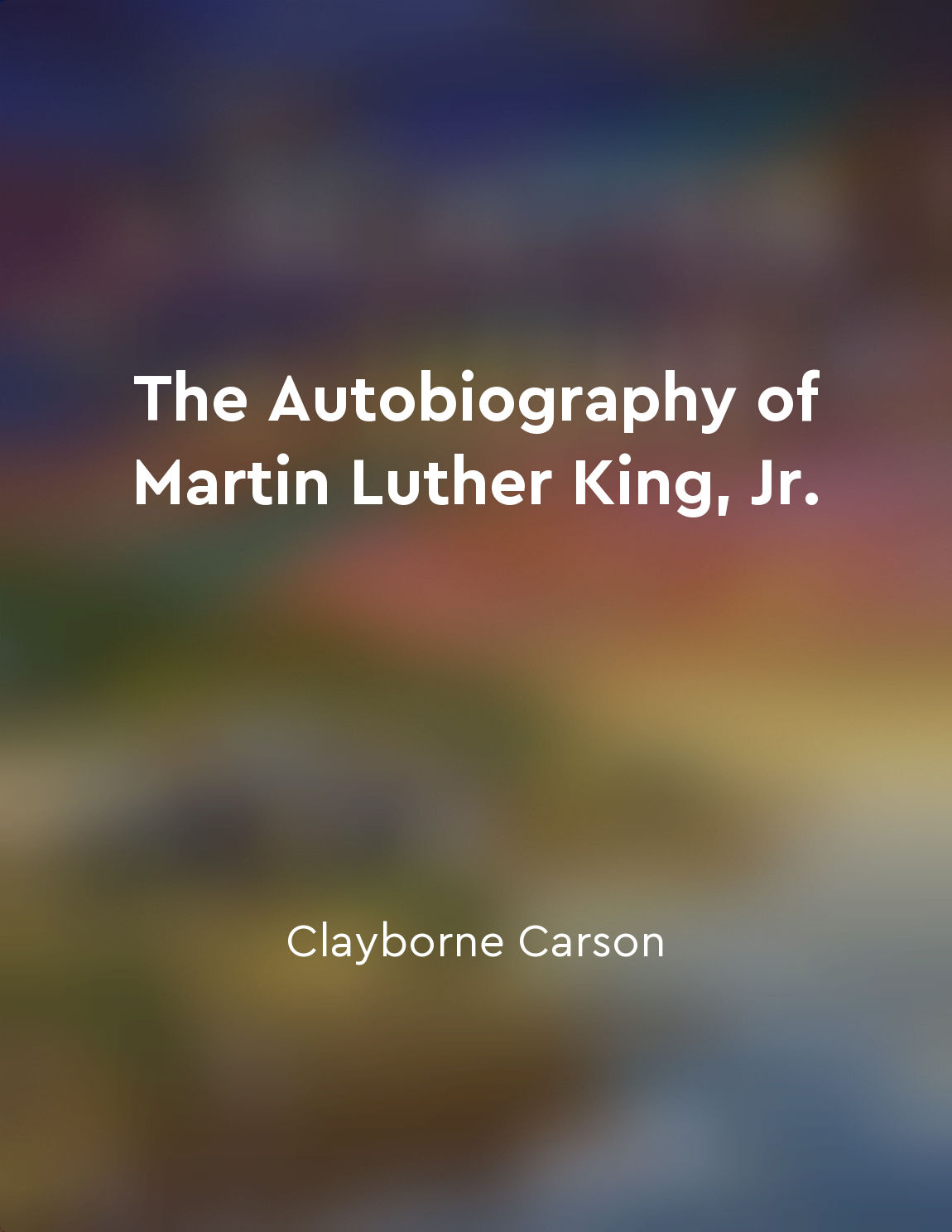Audio available in app
Nonviolent protest has been effective in driving social change from "summary" of The Better Angels of Our Nature by Steven Pinker
Nonviolent protest has a long and storied history of driving social change. It is a method used by individuals and groups to challenge oppressive systems, advocate for equal rights, and demand justice. The power of nonviolent protest lies in its ability to attract attention, garner support, and create a sense of moral outrage. By refusing to resort to violence, protesters are able to highlight the injustice they are fighting against and gain sympathy from the public. One of the most famous examples of nonviolent protest is the civil rights movement in the United States. Led by figures such as Martin Luther King Jr., activists used peaceful demonstrations, sit-ins, and marches to challenge segregation and discrimination. These protests captured the attention of the nation and the world, shining a spotlight on the injustices faced by African Americans. Through nonviolent resistance, the civil rights movement was able to bring about significant changes in laws and attitudes, leading to greater equality and justice for all. Another example of the effectiveness of nonviolent protest can be seen in the Indian independence movement led by Mahatma Gandhi. Through acts of civil disobedience, such as the famous Salt March, Gandhi and his followers were able to challenge British colonial rule and ultimately gain independence for India. By refusing to resort to violence, they were able to maintain the moral high ground and inspire others to join their cause. Nonviolent protest has also been effective in driving social change in more recent times. The Arab Spring, for example, saw millions of people across the Middle East and North Africa take to the streets to demand political reform and greater freedoms. Through acts of nonviolent resistance, such as mass demonstrations and strikes, they were able to topple authoritarian regimes and bring about significant changes in the region.- Nonviolent protest has proven to be a powerful tool for driving social change. By appealing to the conscience of society and refusing to resort to violence, protesters are able to challenge unjust systems, inspire others to join their cause, and ultimately bring about positive change. Whether fighting for civil rights, independence, or political reform, nonviolent protest has shown time and time again that it can be a force for good in the world.
Similar Posts
The masses hold the true power in society
The power that rulers hold over their subjects is not inherent, but rather granted to them by the masses who submit to their au...
Solidarity among nations
Solidarity among nations is a vital concept that must be upheld in times of crisis. When faced with global challenges such as e...
Prejudice can lead to discrimination against certain groups
Prejudice is a negative attitude or feeling towards individuals based solely on their membership in a particular group. This ca...

Stand strong in the face of adversity
In the face of adversity, it is essential to hold fast to your beliefs, your values, and your principles. When challenges arise...
Rise of revolutionary leaders
The rise of revolutionary leaders during India's struggle for independence was a pivotal development that changed the course of...

Inspired millions around the world
Martin Luther King, Jr.'s impact was not limited to his own country. His message of nonviolent resistance and civil rights reac...
Selfdiscipline is key to success
I had learned from my own experiences that self-discipline played a vital role in achieving success. It was through discipline ...
Stand up against injustice
In my life, I have always believed in the importance of standing up against injustice. This principle has guided me through my ...

